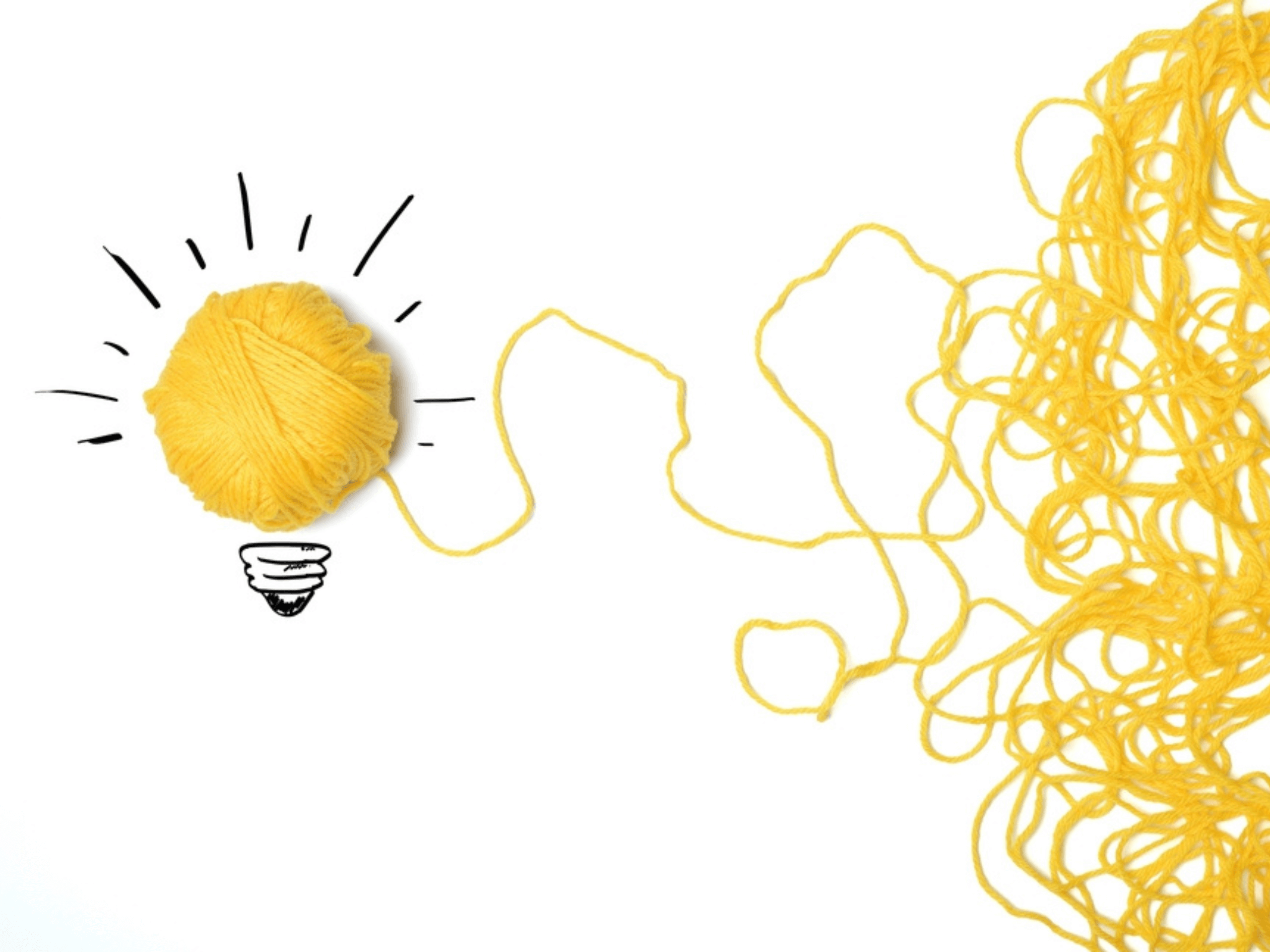
Want More Concise, Powerful Content? Ditch These 20+ Words!
When speaking and writing, we naturally favour certain words and expressions. To some extent, this is a good thing because readers like to hear the voice of the writer, and some of those words and expressions carry your voice.
But each word and phrase you put on the page also adds bulk, so you need to ditch expressions that don’t contribute impact or meaning. Being concise is an integral part of writing powerful content.
Here’s my list of ditch-able words, categorized based on why they’re commonly used:
Category 1: Intensifiers
These are words like very, really, and extremely. We often pop them into a sentence because we want to intensify the strength of an adjective. If your writing is littered with intensifiers, the solution isn’t just to delete them. You also need to replace those weak adjectives with stronger choices. When your adjectives are capable of doing the heavy lifting, you’re not as tempted to prop them up with extra words.
For example:
very happy < thrilled, overjoyed, tickled pink
really helpful < invaluable, priceless, indispensable
extremely important < critical, urgent, vital
Note: I’m addicted to WordHippo. It’s a FREE site filled with synonyms, antonyms, and other assorted word tools. It’s priceless!
Category 2: Exaggerators
These include words like absolutely, clearly, obviously, undeniably, and undoubtedly. Like intensifiers, we throw exaggerators into our writing to increase the power and impact of the message. But the effect is weak at best. Plus, there’s something obnoxious about exaggerator words, especially when they’re sprinkled too thick. My advice is to simply axe them.
For example:
absolutely certain < certain
clearly wrong < wrong
obviously strategic < strategic
undeniably tempting < tempting
undoubtedly easier < easier
Category 3: Vague Quantities
What’s a little? What’s a lot? How much time constitutes often? How many is some?
These words don’t just waste space; they actually dilute the meaning of an otherwise helpful sentence. Where possible, replace vague quantities with specifics. Vagueness is weak; specificity is strong.
For example:
with a little more effort < by investing 2 more hours a week
this will do a lot for you < this will simplify your day
I am often asked < The biggest question is
there are some benefits < there are 5 key benefits
Category 4: Affectations
An affectation is a word or phrase that’s included purely to impress. As a content writer, affectations tend to seep into your writing over time, especially when you write business content. When reading final drafts, be on the look out for expressions like irregardless, being that, and in order to.
There’s nothing inherently wrong with these terms but they’re cold and impersonal. By using more concise, commonplace words, you warm things up and enhance the connection between you and your readers. Clear, simple language is a key ingredient in powerful content.
For example:
irregardless < regardless
being that < because
in order to < to
Category 5: Pet Peeves
Everyone has pet peeves and I’m no exception. While the occasional “irregardless” doesn’t bother me, some words immediately activate eye rolls and deep sighs. My pet peeves are 100%, literally, honestly, truthfully, and in today’s world.
100% is always unnecessary and almost always a lie. It’s an exaggeration taken too far:
For example:
100% satisfied = satisfied (Less than 100% satisfied would actually be “unsatisfied”).
And unless you have research to support that 100%, it’s fibbing. When you use a fraction or percentage in your content, it should be a verifiable fact. Period.
Using literally is simply a bad habit. Delete it every time.
Honestly and truthfully accomplish the exact opposite of your intention. Rather than emphasize your credibility, they undermine it. They raise a red flag and make readers question whether you’re telling the truth.
And in today’s world is silly, pretentious nonsense. Just say today. Or if you’re writing in present tense, don’t say anything at all – because it’s unnecessary.
Exceptions
You may have noticed that Category 3: Vague Quantifiers included the word “some”, yet I used the expression “to some extent” in my opening paragraph.
Yes. That happened. And I stand by my decision. “To some extent” is a common expression and I think it worked within the context of the sentence.
That’s the thing about writing powerful content. It’s not as simple as following a prescribed set of rules. There are other factors to consider, like context, tone, subject-matter, and style.
I use most of the ditch-able words from this post because sometimes they’re the best words for the job. The key is to be deliberate about where (and why) you use them. That’s the art and science of writing. That’s the fun of it!
Except for 100%. You never need to use 100%. (????And don’t get me started on folks who use 110%!)
